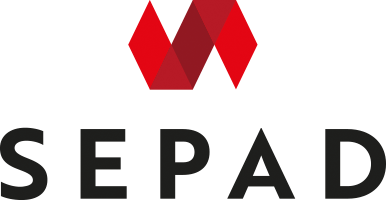Call for Papers: Discoursing Sectarianism: Patterns, Trajectories and Identities from 1979 Onwards
30th Jun 2021 12:00 - 30th Jun 2021 12:00
Location: Lancaster
Within the study of sectarianism there is a growing interest in the role of discourse. The sectarianisation and de-sectarianisation literature seeks to explore how actors construct and reconstruct different meanings of Sectarianism to serve specific ends (e.g. Formichi 2014; Schmoller 2016; Mabon & Ardovini 2018; Neo 2020). Others use discourse to liberate literature from any dominant primordial models essentializing sectarian identities as natural and considering related conflicts as endemic (e.g. Makdisi 2000; Wastnidge 2019; Wagemakers 2020). Building on these approaches, this workshop seeks to understand the role of language and discourse within sectarianism as a contingent and negotiated process.
In pursuit of this, we welcome contributions that trace discourse/s of sectarianism by their own and explore the process of their production and articulation irrespective of their end-goals or final functionality. More specifically, we are interested in the ‘global meanings’ such as topics, themes and perspectives under which sectarianism is framed as an ‘interpretive schemata’ or ‘organizing principle’ where we can relate, compare and contrast meanings of the concept in different contexts. In Constructivist terms, we adopt this ‘middle ground’ position under which discourses also interact with the surrounding environment (i.e. resources, opportunities or challenges).
While we actively encourage engagement from a wide range of perspectives, we are particularly interested in abstracts that focus on the following:
- How do ‘discourses of sectarianism’ feature in the texts of state apparatuses such as schools, media or mosques?
- How have these texts related to, or aligned with, each other in a state of dialogicality building up consistency, coherence and resonance in the whole discourse?
- How can we study discourses on sectarianism more comparatively by tracing points of regularities and discontinuities across different cases or countries? For example, how have textbooks in Saudi Arabia framed Iran and the Shia, and how has Iran framed “Wahhabism”.
- How can we localize and configure internal dynamics of dominance and resistance within shifts and modifications of these discourses?
- How can opposition forces take up, negotiate or challenge the dominant discourses imposed by the state or hegemonic elites?
- How can sectarianism catalyse or perhaps interact with different forms or models of identities, equally contingent and negotiated within the enlarged yet diffused scope of sectarianism?
Submission instructions and deadline
- Abstracts of 400 words: 7th May 2021
- Workshop contributions/presentations would be roughly 15-20 minutes.
- Panels will comprise of 3-5 presenters
- Approximate date of the workshop will be end of June/early July, but exact dates will be confirmed in the near future.
- -Those interested in collaborative articles (solicited on the basis of review of abstracts) should be submit their abstracts by 7th May 2021 and aim to publish by early 2022. Please submit all abstracts to Dr Mustafa Menshawy (M.menshawy@lancaster.ac.uk) or Dr Abdulaziz Alghashian (aziz.alghashian@gmail.com). We are happy to work with authors to overcome any difficulties with meeting the deadline. If you want to submit an article, but cannot do so by 8th June, please contact us and we'll work with you.
